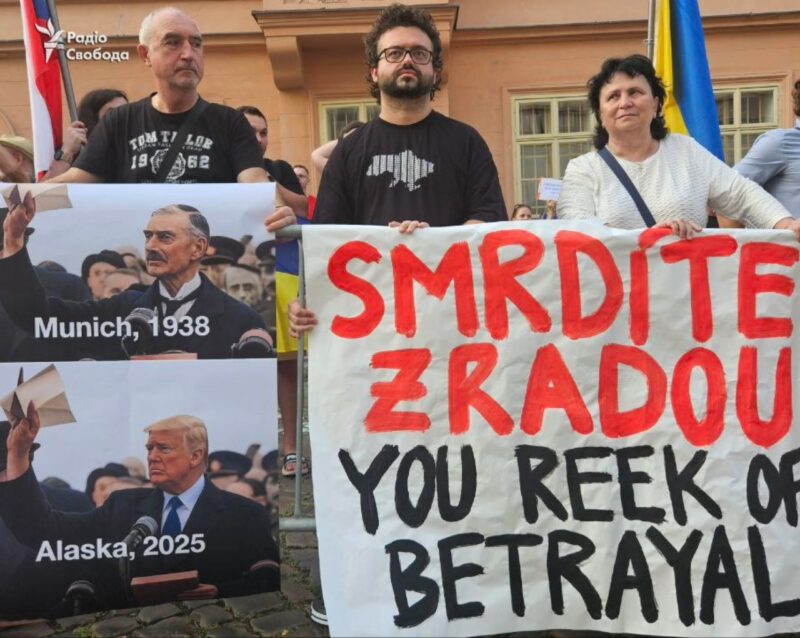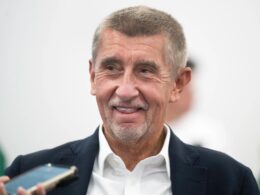Prague, which supplied Ukraine with 850,000 large-caliber shells in 2025 under the so-called “Czech Initiative,” has sharply changed its position on aid to Kyiv following the election victory of the right-wing populist ANO movement led by Andrej Babiš, Politico reports.
The withdrawal of military support comes amid a new wave of drone attacks on EU countries, which have intensified this autumn following Russia’s strike on Poland. This growing sense of insecurity is playing directly into the Kremlin’s hands by discouraging aid to Ukraine.
Throughout his campaign, Babiš criticized Western military assistance to Ukraine and emphasized the need for neutrality, effectively arguing that Kyiv should be left to face Russian aggression on its own.
The end of the pro-Ukraine consensus
Filip Turek, an ultranationalist politician expected to become the next Czech foreign minister, stated that his government will uphold the country’s NATO commitments and international law but will “prioritize diplomatic efforts” to end the war and shift from military to humanitarian aid, focusing instead on “Czech security needs.”
Prague seeks “neutrality” over backing Kyiv
Turek insists that Prague’s official stance on Russia “will not change,” yet the new government plans to emphasize sovereignty and non-interference, aiming to “avoid escalation that could threaten the Czech Republic’s energy security or economic stability.”
Europe has already pursued a policy of appeasement once, by handing over Czechoslovakia’s Sudetenland to Nazi Germany in 1938 under the Munich Agreement. That decision effectively encouraged Adolf Hitler to launch further aggression.
This marks a potential pivot from Prague’s active leadership in European support for Ukraine to that of a neutral observer, or even a restraining voice within the EU.
Turek’s rhetoric echoes that of Hungary’s Viktor Orbán, whose government systematically blocks EU aid initiatives for Ukraine. Brussels officials are already referring to Prague as a potential new ally for Orbán, one that may advocate for a ceasefire rather than supporting Ukraine's victory.




